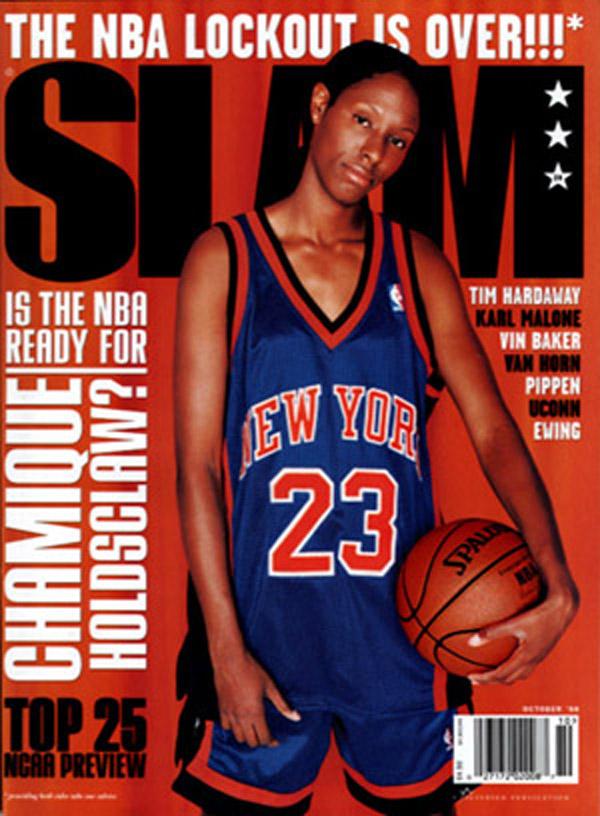“Mind/Game: The Unique Journey of Chamique Holdsclaw” tackles depression and stigma
November 4, 2016
On Wednesday afternoon in the Murphy Library Resource Center, a short film was shown called Mind/Game: The Unique Journey of Chamique Holdsclaw. The film was shown as a sort of teaching workshop specifically geared towards faculty potentially showing it to their students.
Deb Hoskins, Inclusive Excellence Coordinator for the Center for Advancing Teaching and Learning, discussed why the video was being shown and utilized for this environment. The film focused on Holdsclaw’s battle with both depression and what was eventually diagnosed as bi-polar depression. Said Hoskins on the importance of the subject, “hidden disabilities are the ones that are the most common.”
The film chronicles Chamique Holdsclaw’s life from childhood to her diagnosis with bipolar depression in recent years. She grew up with alcoholic parents who couldn’t function so she was forced to act much older than she was and took on greater responsibility than a child should have to. Eventually, she had to move in with her grandmother in the inner city and it ended up being a great move from her although the family was still challenged and broken apart.
Throughout all of this she was able to find solace in the game of basketball. She describes it as her coping mechanism through the years, channeling everything she had into the game. Throughout her early and college career she was hailed as the Michael Jordan of women’s basketball, but things were much different at the surface than they were in reality.
Four years of immense success on the court for the team and Holdsclaw led to immense popularity. Already by her second year she couldn’t go anywhere without a camera in her face and just be herself for a day. At this same time her father was diagnosed with schizophrenia and she was fighting to keep all of this bottled up while playing. Eventually she was referred to a psychiatrist or therapist but she never returned after the first visit.
Once she hit the pros, she was on a terrible team that rarely won. Unable to cope with losing, her perfectionist self started to drive her into the ground. Missing success and with things in her personal life consistently building up and being suppressed, she next had to deal with her grandmother’s death. Regarding the funeral and everything else, Chamique’s family placed the entire burden on her, and she took it and again channeled everything into basketball. The problem she discovered with this though, is that channeling those energies and problems into basketball isn’t sustainable.
She turned to drinking, and about a year after her grandmother’s death she reached a point where she didn’t want to live anymore. She was finally diagnosed with clinical depression and requested a trade to the team in LA. This wasn’t an issue she could run away from though and ended up attempting to commit suicide by pill overdose. Since then she’s opened up much more about her issues and although she ended up trashing her ex-girlfriend’s car and was diagnosed with bipolar depression, she has become a major advocate for mental health issues. Said long time friend and LA Laker Metta World Peace, “what she’s doing now is probably more impactful than this fun little circle.”
The hope with this video, according to Hoskins, is that more emphasis can be placed on these hidden issues and the stigmas can be dropped. This is why certain staff are looking into showing it to their students, to let them know they aren’t the only ones feeling like this and they can make it through their day, and more days to come. They want to better identify students that are struggling, and get coping mechanisms in place for these people that are struggling. Nobody is perfect, and this video really shows that athletes, no matter how skilled on a court or field, are people too.






